South Africa’s Vodacom Group has ruled out separating its M-Pesa mobile money platform from Safaricom or listing it as an independent entity, despite renewed pressure from Kenyan authorities to unbundle the telecom operator’s core businesses.
The Johannesburg-listed firm, which owns a majority stake in Safaricom alongside the Kenyan government, said M-Pesa’s financial services are too deeply integrated with the telco’s core operations to justify a separation.
“We’re not looking to separately list the financial service businesses; we do see it intricately linked to our value proposition that we’re providing to the customer,” Vodacom CEO Shameel Joosub said on Tuesday, November 11, during an earnings call. “In fact, we see it becoming even more closely linked, coupled with loyalty going forward.”
Vodacom’s remarks come amid ongoing debate over whether to break up Kenya’s most valuable company into separate entities for its telecommunications, mobile money, and infrastructure units.
Treasury’s push to split Safaricom
National Treasury Cabinet Secretary John Mbadi stated in August that the government, which holds a 35% stake in Safaricom, is considering restructuring the company into three entities: a telecommunications arm, the mobile money service M-Pesa, and a tower operator.
Also Read: Safaricom Sets Uniform Fair Usage Limit Across All Home Fibre Packages
CS Mbadi said the plan could also involve offloading part of the state’s shareholding as part of efforts to boost public revenue.
According to him, a recent assessment had shown “huge benefit” to the state from such a move, though he emphasized that a final decision would require Cabinet approval.
Safaricom CEO Peter Ndegwa has previously downplayed reports of an imminent split, telling Bloomberg in September that no formal discussions had been held with the government on such a restructuring plan.
Ndegwa acknowledged that M-Pesa operates with a degree of independence within the group but said its integration with Safaricom’s telecom business has been key to its success.
“From a management perspective and from a board perspective, I always said the reason why Safaricom has been successful is because the two are joined,” Ndegwa said.
He added that while M-Pesa is viewed by investors as a distinct business unit, there has been no official move to separate it from the wider Safaricom structure.
Also Read: Peter Ndegwa Speaks on Govt Plan to Split Safaricom into Three Separate Firms
Ownership and structure
Safaricom is jointly owned by the Kenyan government and Vodacom Group, with Vodafone Group holding a 5 percent indirect stake.
In April 2020, Safaricom and Vodacom completed the acquisition of the M-Pesa brand, product development, and support services from Vodafone through a new joint venture aimed at accelerating M-Pesa’s growth across Africa.
M-Pesa continues to be Safaricom’s largest revenue earner. In its financial results for the six months ended September 30, 2025, Safaricom reported a 52.1% increase in group net income to Ksh 42.8 billion, driven by a strong performance in Kenya and improving results in Ethiopia.
In Kenya, M-Pesa revenue increased by 14 percent year-over-year to Ksh88.1 billion, contributing to a 9.3 percent rise in total service revenue to Ksh194 billion. Net income from Kenyan operations increased by 22.6 percent to Ksh 58.2 billion, while earnings before interest and tax (EBIT) rose 13.1 percent to Ksh 89.5 billion.
In Ethiopia, service revenue increased by 136 percent to Ksh 6.2 billion, while losses narrowed by 20.1 percent to Ksh 15.5 billion.
Follow our WhatsApp Channel and X Account for real-time news updates.
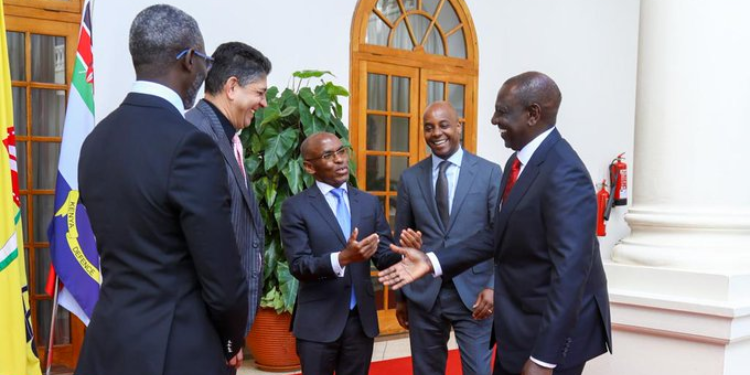



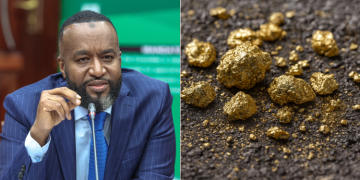
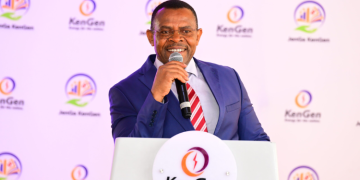
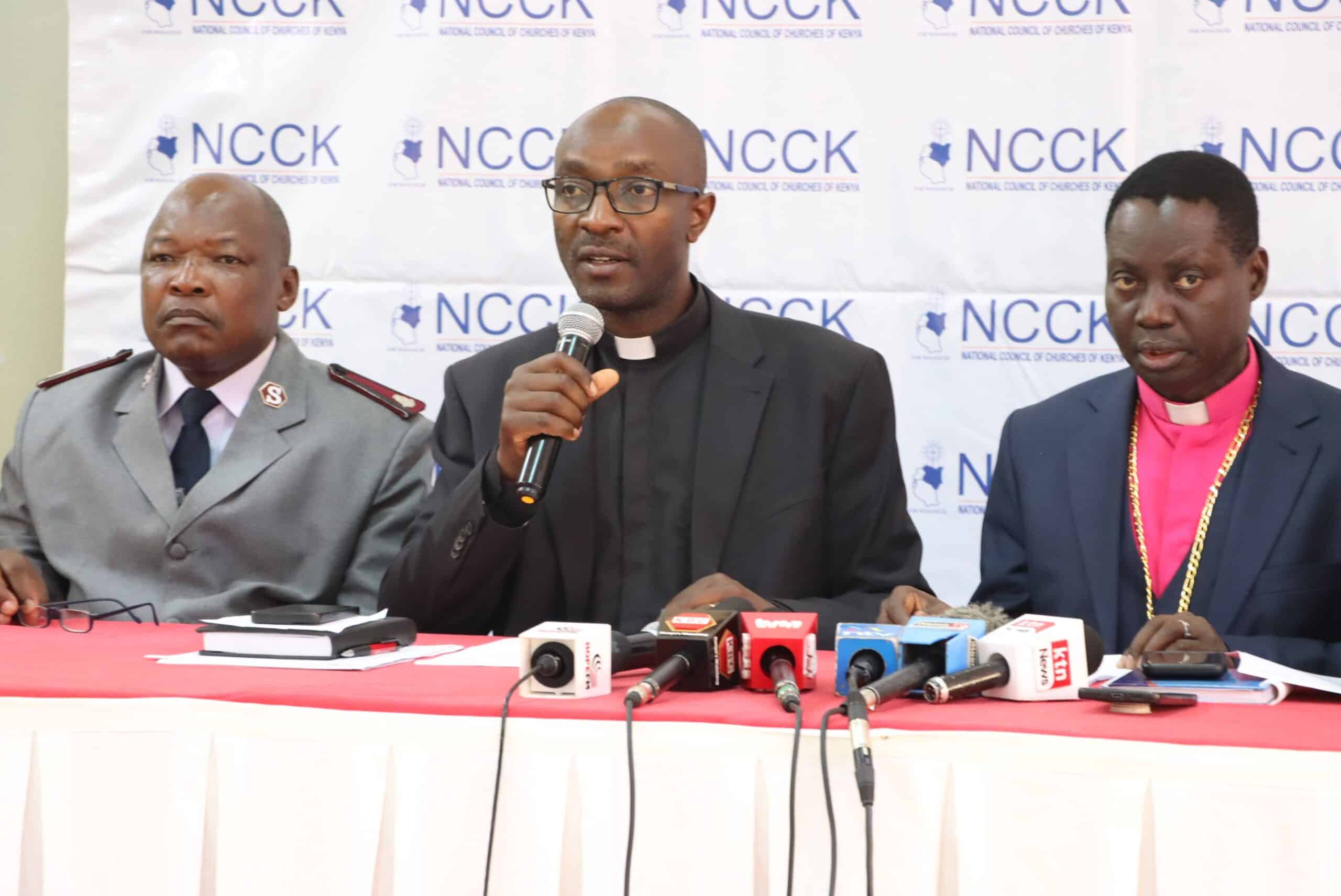
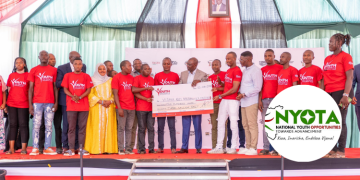
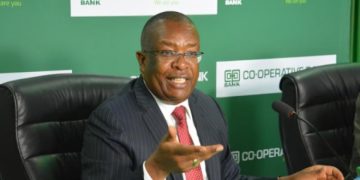

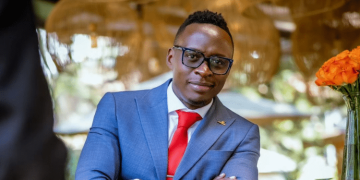






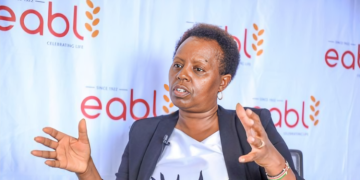
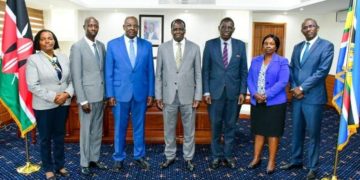
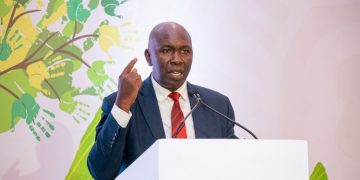
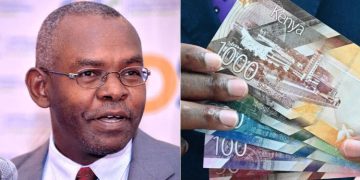

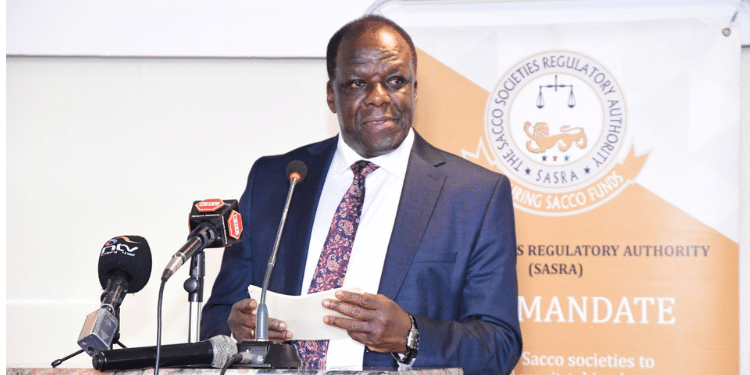
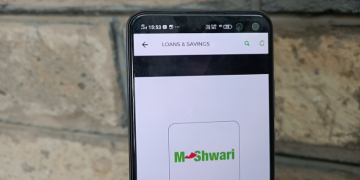






























![Senator Allan Chesang And Chanelle Kittony Wed In A Colourful Ceremony [Photos] Trans Nzoia Senator Allan Chesang With Channelle Kittony/Oscar Sudi]( https://thekenyatimescdn-ese7d3e7ghdnbfa9.z01.azurefd.net/prodimages/uploads/2025/11/Trans-Nzoia-Senator-Allan-Chesang-with-Channelle-KittonyOscar-Sudi-360x180.png)



















